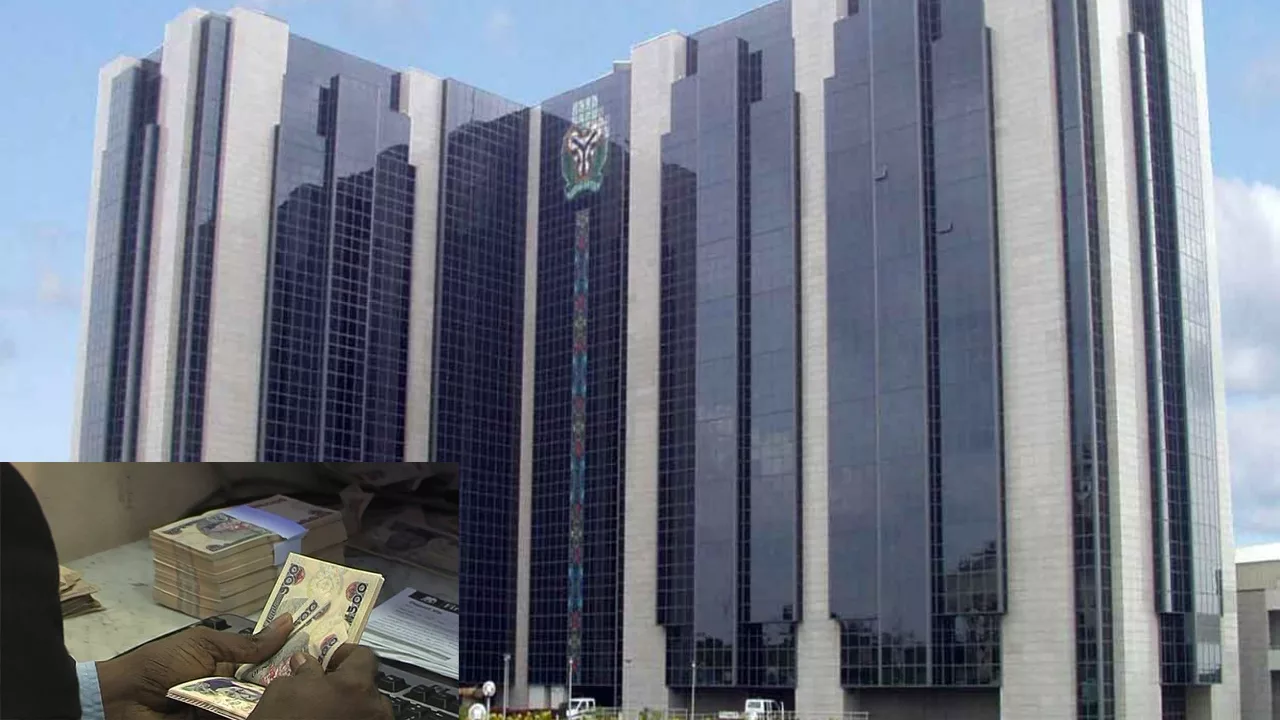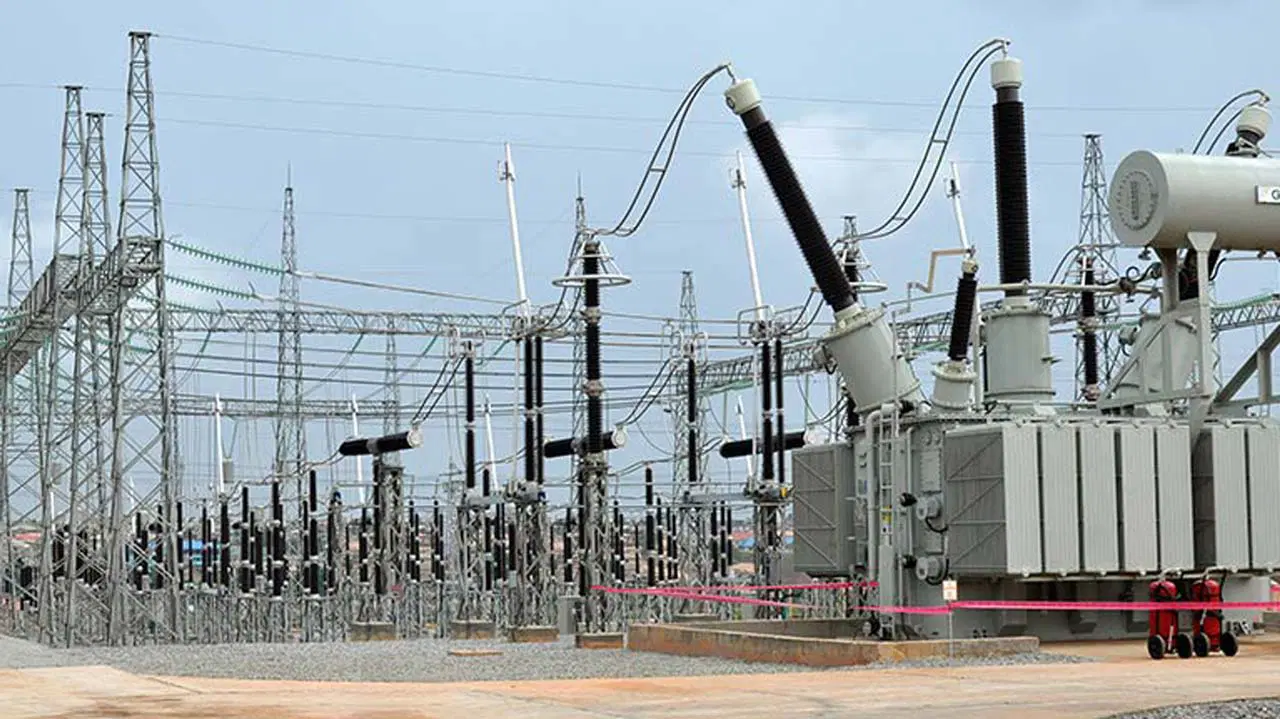The Financial Reporting Council has urged all financial institutions in the country to voluntarily adopt sustainability reporting regulations before they become mandatory.
Sustainability reporting is the practice of organisations disclosing their environmental, social, and governance performance and impacts caused by an organisation’s everyday activities.
The FRC also said Nigeria has emerged as a leader in financial best practices, as the country is now a reference point for other African nations seeking to enhance their financial systems.
The Executive Secretary, of the Council, Rabiu Olowo, stated this at the practical capacity-building workshops aimed at promoting sustainability reporting among financial institutions on Wednesday in Abuja.
The event was organised by the FRC in collaboration with the Nigeria Integrated Reporting Committee to deepen the adoption of the policy leveraging the global framework.
Olowo in his address mentioned that two banks in the country have signalled their interests as early adopters of this practice while urging others to follow.
This initiative, he stated, underscores the importance of integrated reporting that combines financial and sustainability performance, materiality assessments focused on significant Environmental, Social, and Governance issues, stakeholder engagement, performance metrics and targets, and assurance and verification to ensure accuracy.
He said the reporting is a disclosure of how “actions are taken in the present upon the options that are available in the future”.
“Based on the efforts of FRC and indeed all the stakeholders, Nigeria has become a reference for best practice and much sought after to assist other African countries in this journey. We are delighted to note that we have two banks among the financial institutions that are early adopters. We therefore look forward to having more to join the train this year and not wait for the mandatory year.”
According to him, the feat was possible with the concerted efforts of FRC and all the other stakeholders.
“For financial institutions, sustainability reporting is crucial as it enables them to demonstrate their commitment towards responsible banking principles, sustainable practices, risk management and sustainable finance opportunities.”
“The impending negative effect of climate change requires everyone to act, and it is therefore not only a business decision or a nice to have but it is becoming a compliance issue, which every company is expected to comply with through cultural behaviour. Sustainability is thus at the centrepiece of human existence,” the FRC boss added.
Olowo added that the workshop is designed to prepare financial institutions to excel in sustainability reporting before it becomes mandatory as the proactive approach is expected to yield numerous benefits for organizations, including improved stakeholder trust, cost savings from transitioning to renewable energy, tax savings through capital allowance reliefs, enhanced reputation, better decision-making, risk management, compliance with emerging regulations, access to capital, improved employee engagement, innovation, and opportunities for sustainable growth.
“Sustainability reporting is essential for responsible banking and finance, We urge all stakeholders to embrace this practice, leveraging global frameworks and local guidelines, to demonstrate their commitment to a sustainable future for Nigeria and the world.”
The FRC boss explained further that the adoption of best practices in sustainability reporting is not only to improve transparency and trust but also to drive continuous improvement and contribute to a more sustainable future for various institutions.

 4 months ago
19
4 months ago
19















 English (US) ·
English (US) ·